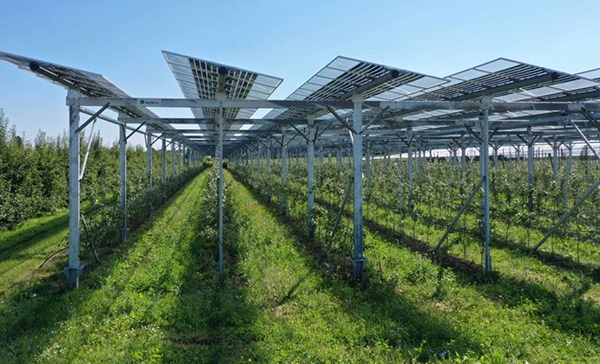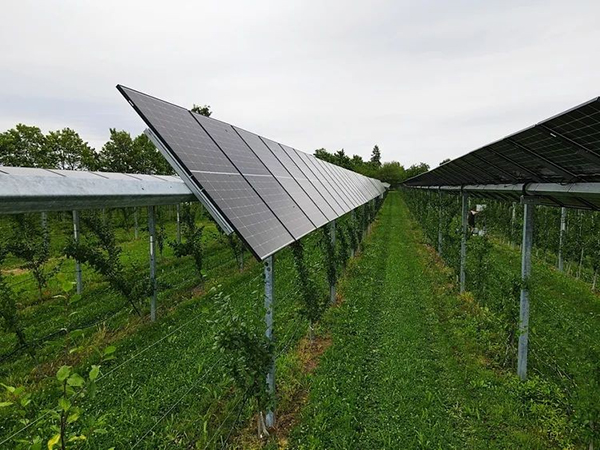Spain has recently enacted a new agricultural decree, explicitly allowing land with solar panels installed to apply for subsidies under the EU's Common Agricultural Policy, provided that agriculture remains the primary use of the land. This policy adjustment marks a key step for Spain in promoting the integration of energy transition and sustainable agricultural development.

According to a Royal Decree issued by the Spanish government, the 2022 version of the CAP implementation rules has been revised to formally include agrivoltaic systems within the subsidy scope. This revision is part of a broader policy update approved by the European Commission in August this year. The new regulation officially recognizes the legality of "dual land use," meaning that solar power generation and agricultural activities can coexist on the same piece of land, and such land is eligible for CAP support.
The decree clearly states that all cropland or permanent pastureland continuing cultivation under solar installations can continue to receive subsidies, as long as agriculture remains the "main activity" on the plot. The government stated that this move aims to "promote sustainable agricultural and energy production models" and ensure it does not compromise the essential function of agricultural land and food production.
The policy text emphasizes: "This measure responds to the need to promote sustainable agricultural and energy models without harming agricultural land use. It will provide more farmers with flexibility in accessing support and create new opportunities for income diversification without sacrificing farmland."

Agrivoltaics, as an innovative model, involves installing photovoltaic panels above or within the intervals of farmland, achieving "power generation above, cultivation below." This enhances the comprehensive benefits of the land while helping to reduce carbon emissions in the agricultural sector. As one of the European countries with the most abundant solar resources, Spain has seen rapid growth in photovoltaic installations in recent years. This move is expected to further promote the synergistic development of renewable energy and agriculture.
Besides direct payments, Spain's 2023–2027 CAP Strategic Plan also includes the ECOSCHEME incentivizing environmentally friendly practices, targeted support for specific sectors like fruits, wine, and beekeeping, and a rural development program aimed at promoting balanced regional economic development. The inclusion of agrivoltaics in the subsidy system is also seen as an important part of Spain's implementation of its agriculture and climate strategy.
This policy is expected to attract more farm investments in solar energy, helping farmers secure agricultural production while diversifying income sources and enhancing resilience to climate and market risks. It also provides a reference for other European countries promoting similar "agriculture + energy" integrated development models.